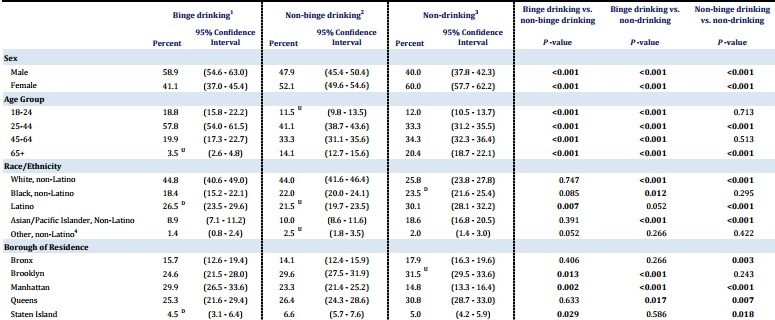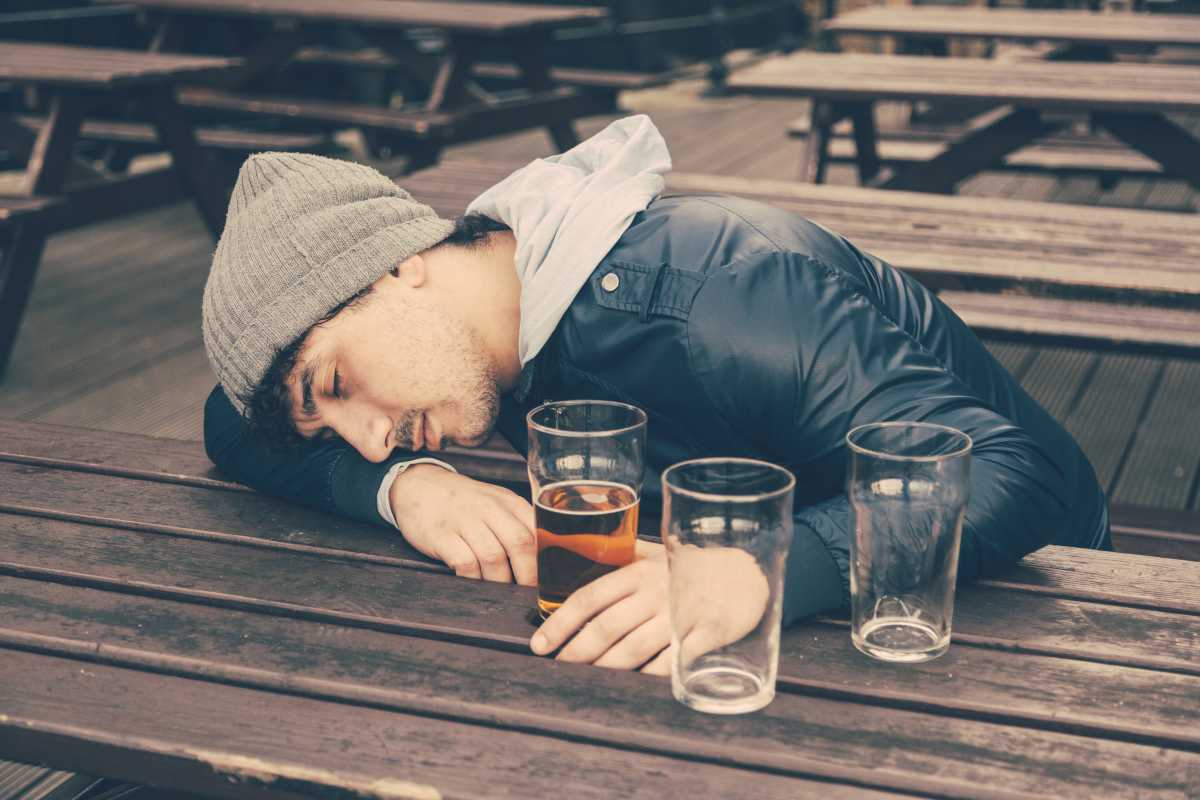Queens residents really like to drink, according to a recent study released by the Department of Health.
The study “Binge Drinking and Associated Health-Related Behaviors among Adults in New York City, 2014” was released on Tuesday. It found that 25.3 percent of Queens residents are binge drinkers, the second highest percentage before Manhattan, where 29.9 percent of residents are classified as binge drinkers.
Binge drinking is defined as consuming five or more alcoholic drinks for men and four or more alcoholic drinks for women on one occasion during the past 30 days.
Queens also came in second in terms of non-drinking adults. The study found that 30.8 percent of residents identified as non-drinking, which is slightly less than the even drier Brooklyn with 31.5 percent of non-drinking adults.
In this study, non-drinking is defined as never drinking or not consuming at least one alcoholic drink during the past 30 days.
Approximately 9,000 New York City residents ages 18 and older were surveyed for this study.
Binge drinkers were more likely to be white men from the ages of 25 to 44. They were also more likely to be uninsured, less likely to have a routine health care provider and were twice as likely to be smokers.
Interestingly, binge drinkers had the highest rates of employment – 71.9 percent compared to non-drinkers at 47.2 percent. They were also more likely to be college graduates (44.2 percent) than non-binge drinkers (41.7 percent) and non-drinkers (22.3 percent).

Overall, three in 10, or 29 percent of adults surveyed for this study, were binge drinkers and the prevalence of binge drinking in New York City remained stable from 2011 to 2014.
There are nearly 1,800 deaths attributed to alcohol every year and an average of 84,000 alcohol-related emergency department visits. Binge drinking increases the risk of depression, cirrhosis, hepatitis, sleep problems, a weakened immune system and more.
The Department of Health suggest alternating drinks with water, agreeing on a drink limit with friends or choosing different social activities to prevent risks associated with binge drinking.



































